ICRC chief “shocked” by Syrian suffering
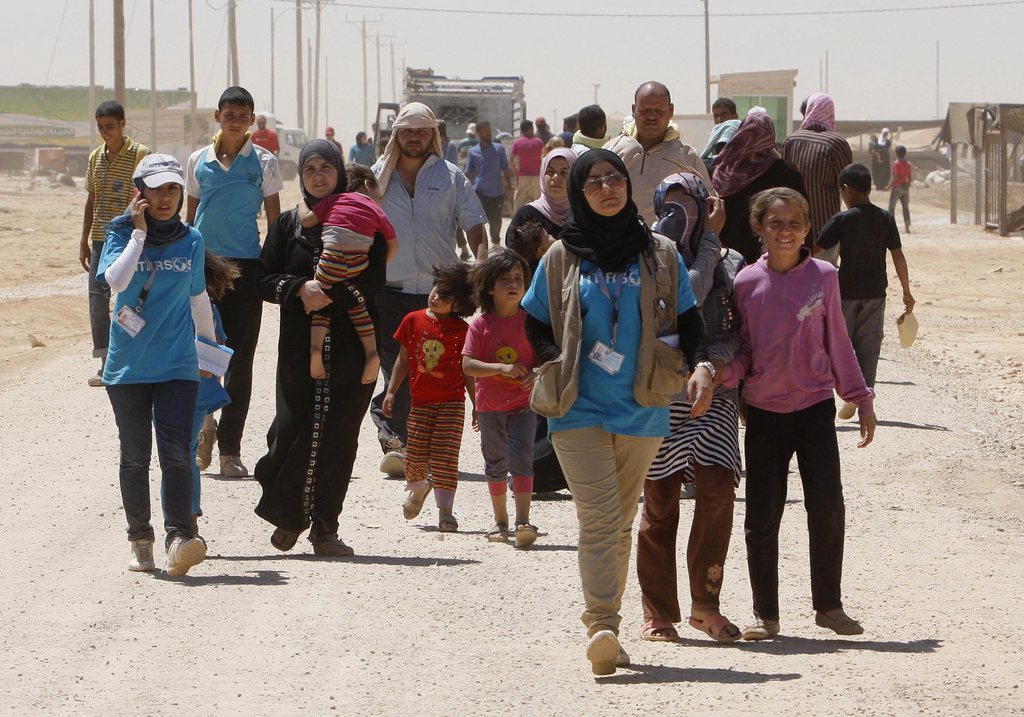
The new head of the Swiss-run International Committee of the Red Cross (ICRC), Peter Maurer, says he was deeply alarmed by the devastation and suffering he witnessed during his recent three-day visit to Syria.
“I was shocked by the immense destruction of infrastructure and homes in several areas I visited in Mu’dhamiya, Qaboun and Harasta [on the outskirts of Damascus]. And I was deeply moved by the stories of distraught children who lost their parents in the fighting,” said Maurer, the former Swiss diplomat who took over as ICRC president on July 1.
The ICRC says needs have grown “exponentially” in recent weeks due to the escalation of the fighting and says delivery of humanitarian aid needs to be urgently sped up.
“Medical stocks are running out, doctors are overstretched or insufficiently qualified to be treating certain cases,” Maurer told a news conference in Geneva on Friday.
Maurer also said he had had a “sober, to-the-point” 45-minute discussion with Syrian President Bashar al-Assad in Damascus about the humanitarian needs.
“He showed his commitment to work on the many different points and facilitate the administrative hurdles,” said the new ICRC boss.
“I have the impression that Assad and his government realise that the crisis is getting worse…that people are in need and they have to do something to allow aid through to their suffering people.”
Maurer said Assad told him the ICRC could operate on the ground in the country as long as it remained “neutral and independent”.
Test commitments
During talks with Assad and top Syrian officials, the ICRC president also repeated the request to visit all persons detained in Syria in connection with the current events and underlined the need to respect international humanitarian law.
“President al-Assad expressed his readiness to address this issue,” said Maurer.
But he added that “the positive commitments I received during my meetings will obviously have to be followed up and tested in the coming weeks.”
An estimated 1.2 million people have been forced from their homes within Syria during the conflict, many of them staying in public buildings.
The ICRC has 50 foreign and Syrian aid workers in the country. Since the start of the year, the ICRC and the Syrian Arab Red Crescent have distributed relief items to 800,000 people and ensured that over one million people have enough clean water. But heavy fighting over recent months means “we are confronted with a new situation”, said the ICRC president.
Swiss long-term support
Senior Swiss foreign ministry officials say the Syrian population will need humanitarian aid for several years as there is no end in sight for the 17-month conflict between the government and rebels.
Beat von Däniken, coordinator of the Swiss Agency for Development and Cooperation in the Jordanian capital Amman, said the Syrians could rely on Swiss help.
“We plan to stay in region for a while,” he told a news conference in Bern on Thursday.
The foreign ministry earlier this week announced it was increasing its aid budget to SFr13 million ($13.6 million). The money is going toward aid efforts by the ICRC and United Nations organisations.
The Swiss contribution also helps fund projects with families in Lebanon who take in Syrian refugees or for schools in Jordan to house the displaced people.
Von Däniken says about 2.5 million people in Syria depend on humanitarian assistance while aid organisations face increasing resistance from the parties involved in the conflict.
Switzerland is among the top ten donors for Syria according to Manuel Bessler, head of the Humanitarian Aid Unit in the foreign ministry.
Switzerland also supports a political programme by the Syrian opposition and it called on the UN Security Council to take suspected cases of war crimes to an international tribunal.
Neither of these efforts compromise Switzerland’s status as a neutral country in the Middle East, according to foreign ministry officials.
The Syrian revolt began in March 2011 with mostly peaceful protests, but a government crackdown led many in the opposition to take up arms. The uprising has since mutated into a civil war.
In a speech on June 26, the Syrian president said the country was now “at war” and that all sectors of the government and country must devote their energies to the war effort.
The UN has said more than 18,000 people have died in Syria since the beginning of the uprising. According to the Syrian Observatory for Human Rights (OSDH), more than 26,000 people have been killed, including 18,800 civilians, 1,000 defected soldiers and over 6,500 members of the Syrian armed and security forces.
The UN says 234,000 refugees have fled the conflict in Syria to neighbouring countries in the past 17 months. More than 100,000 Syrians fled their country in August, the highest total since the crisis began and triple the number for July; an estimated 2.5 million people need humanitarian assistance inside the country.
(With input from Urs Geiser)

In compliance with the JTI standards
More: SWI swissinfo.ch certified by the Journalism Trust Initiative

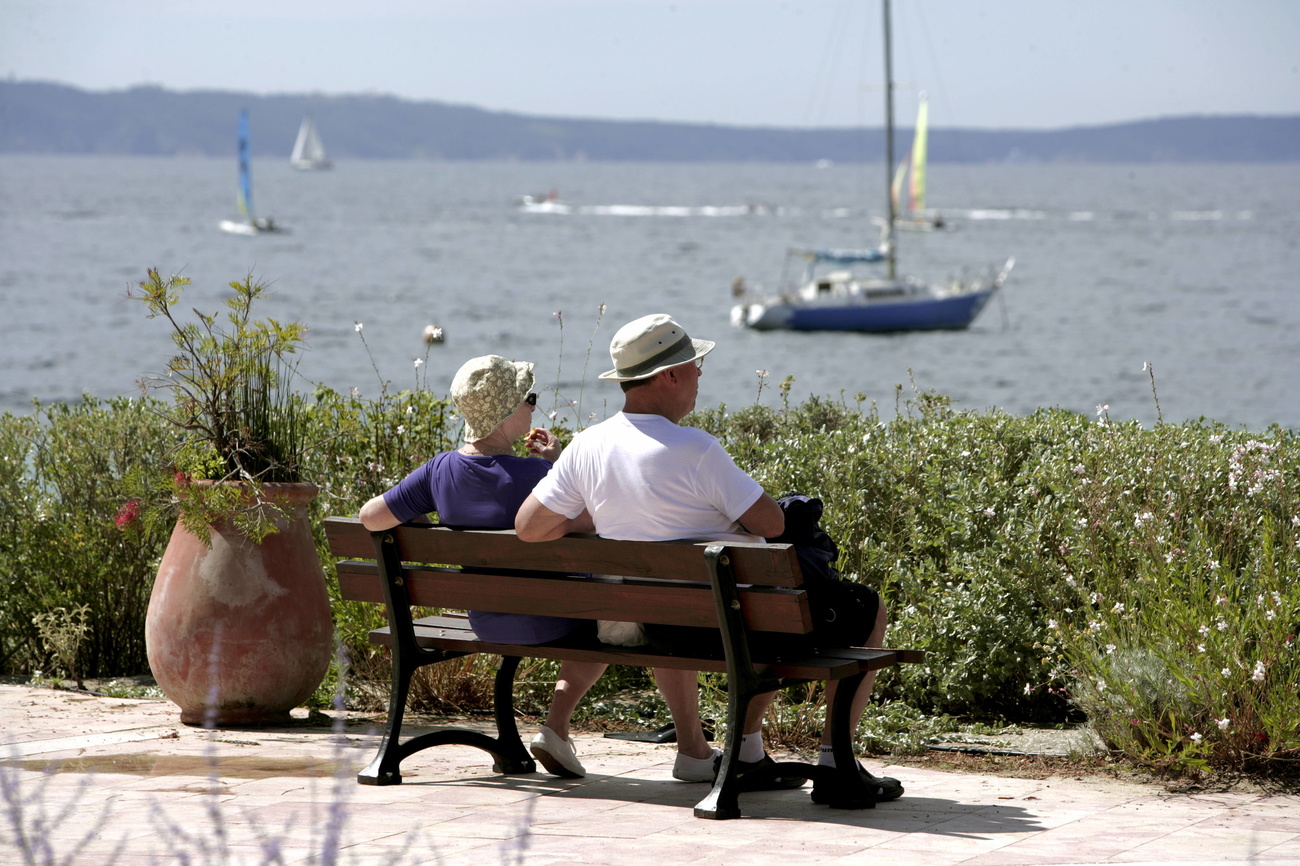

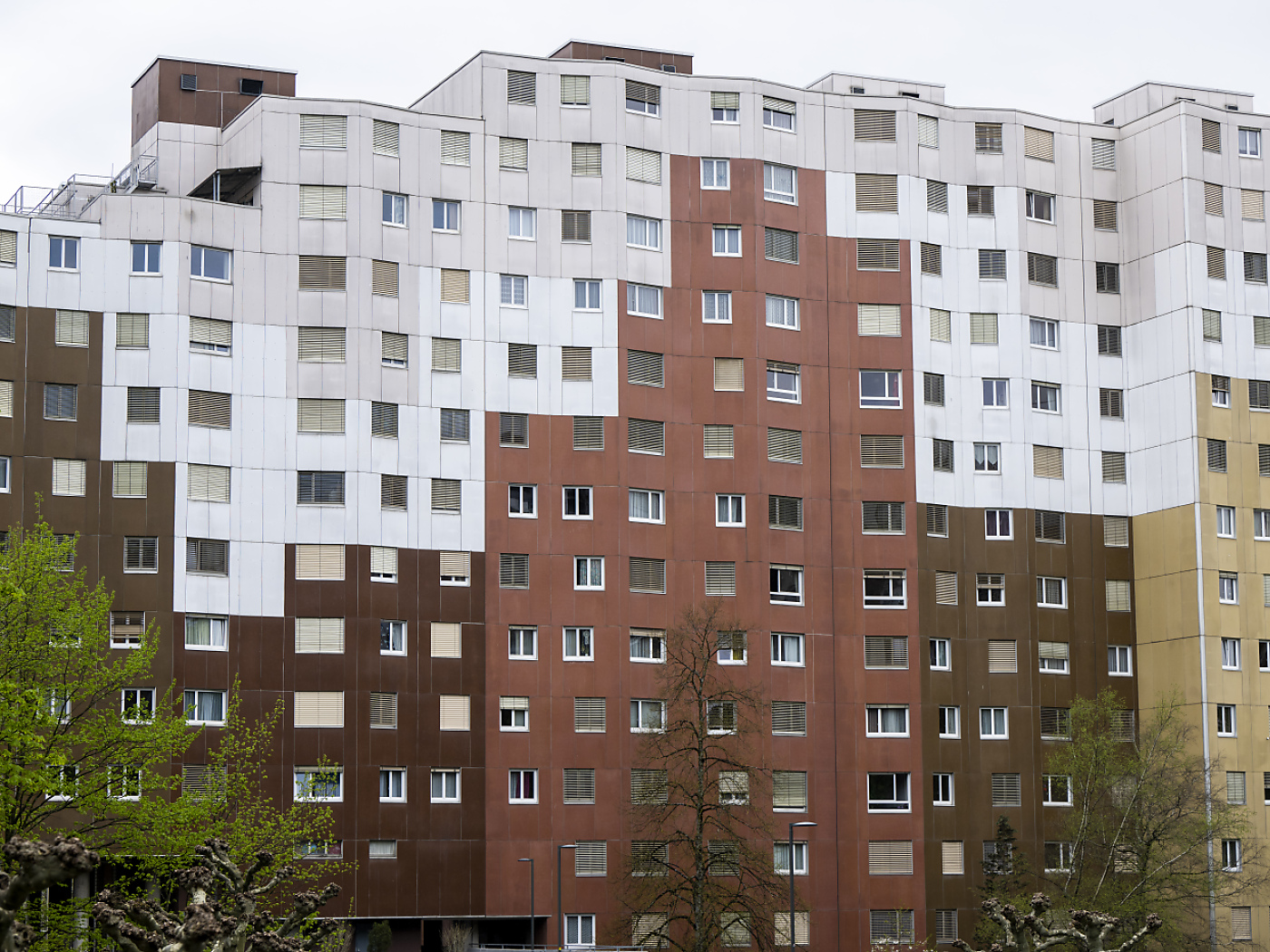



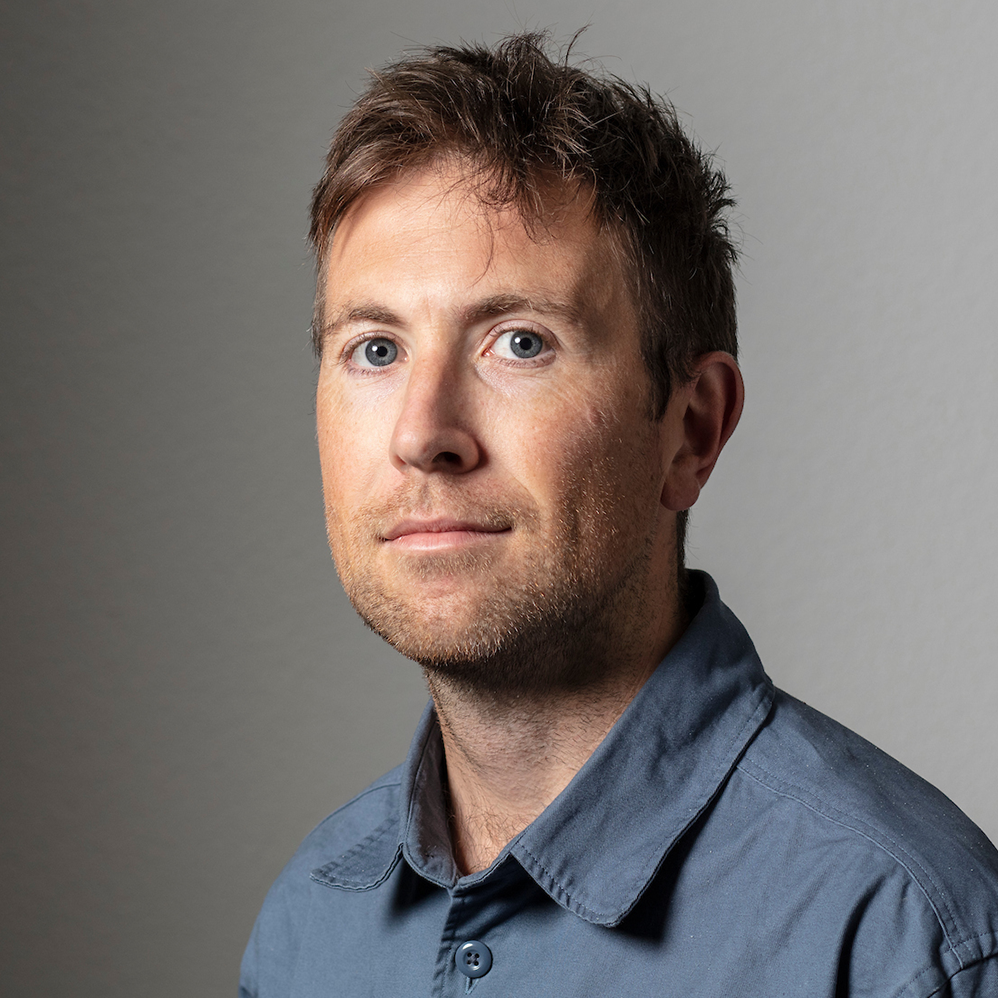
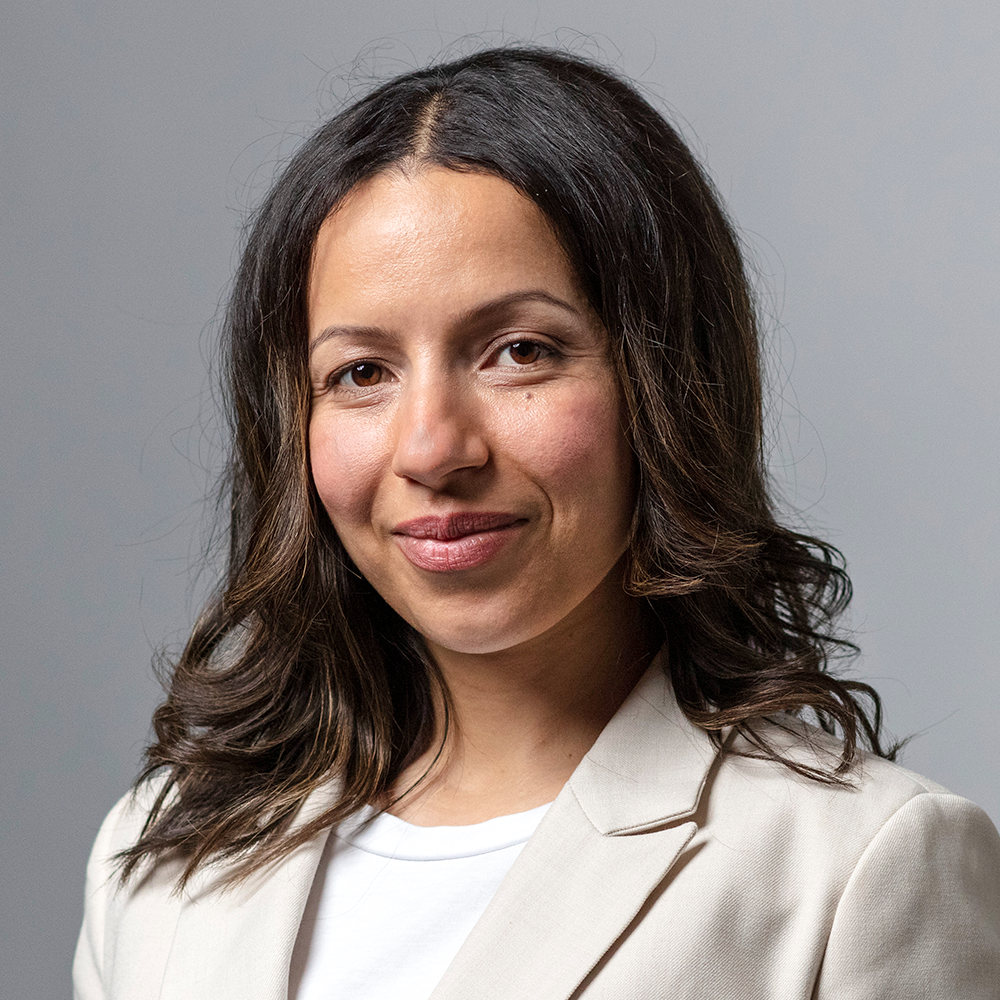
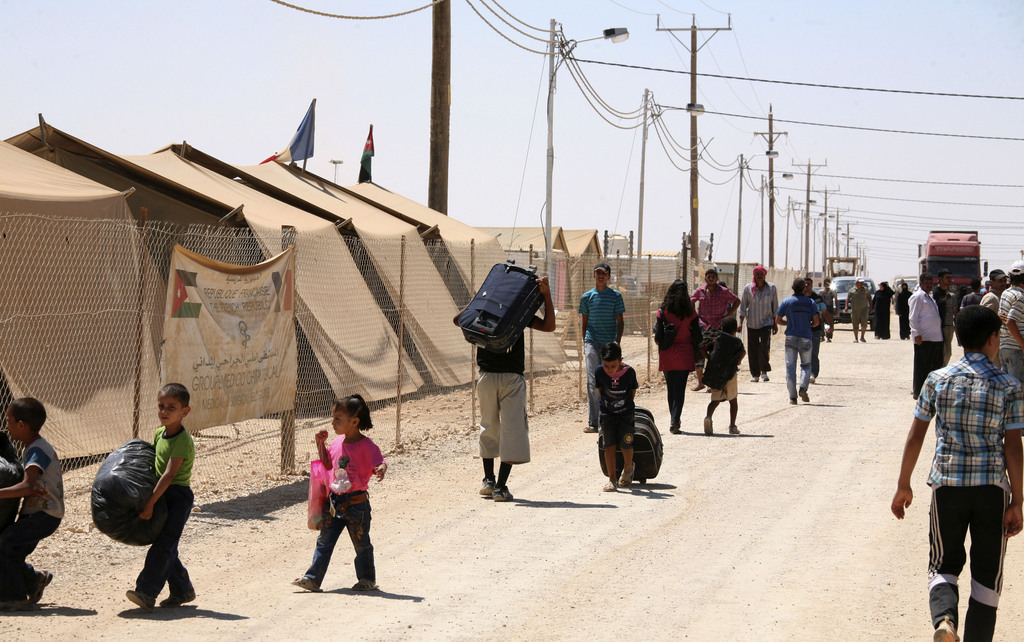
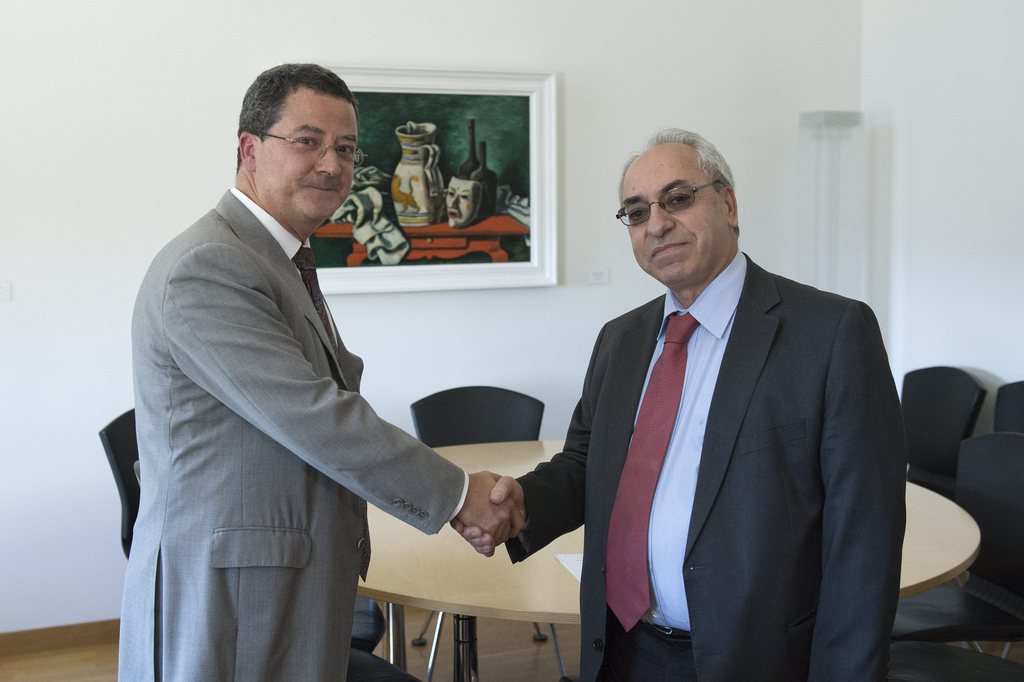
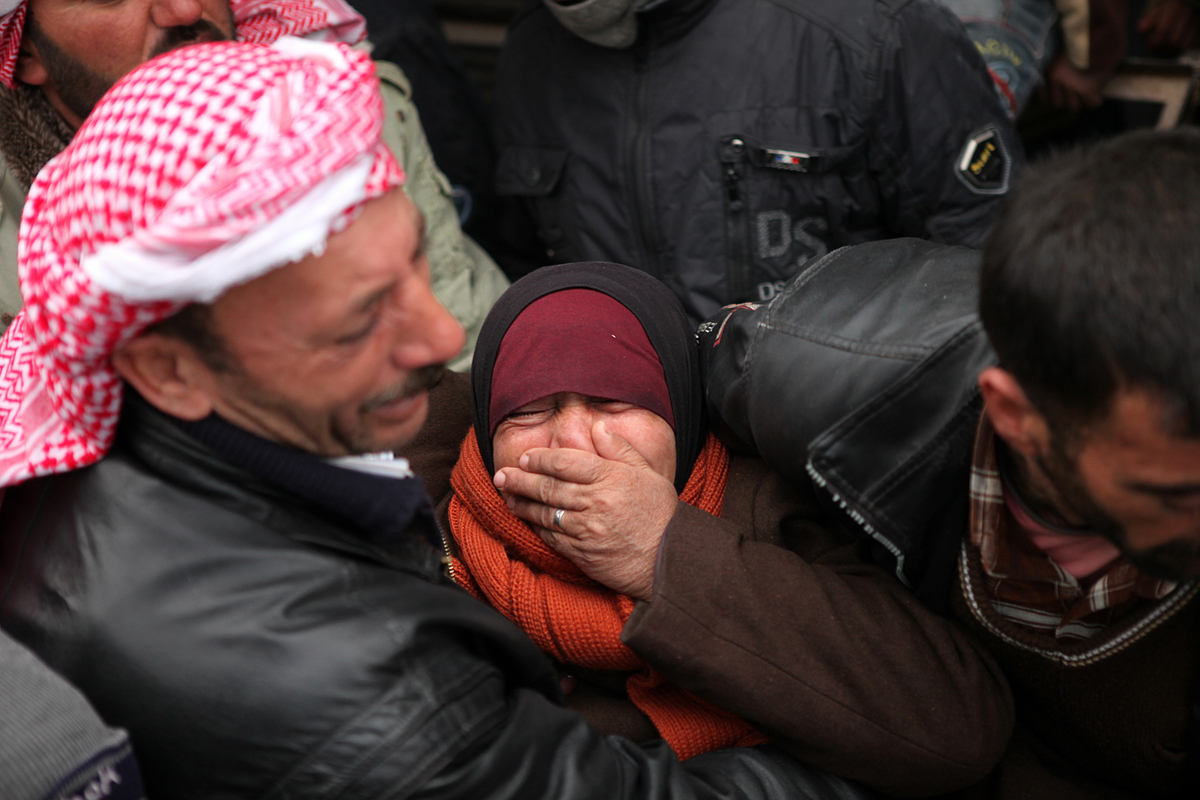
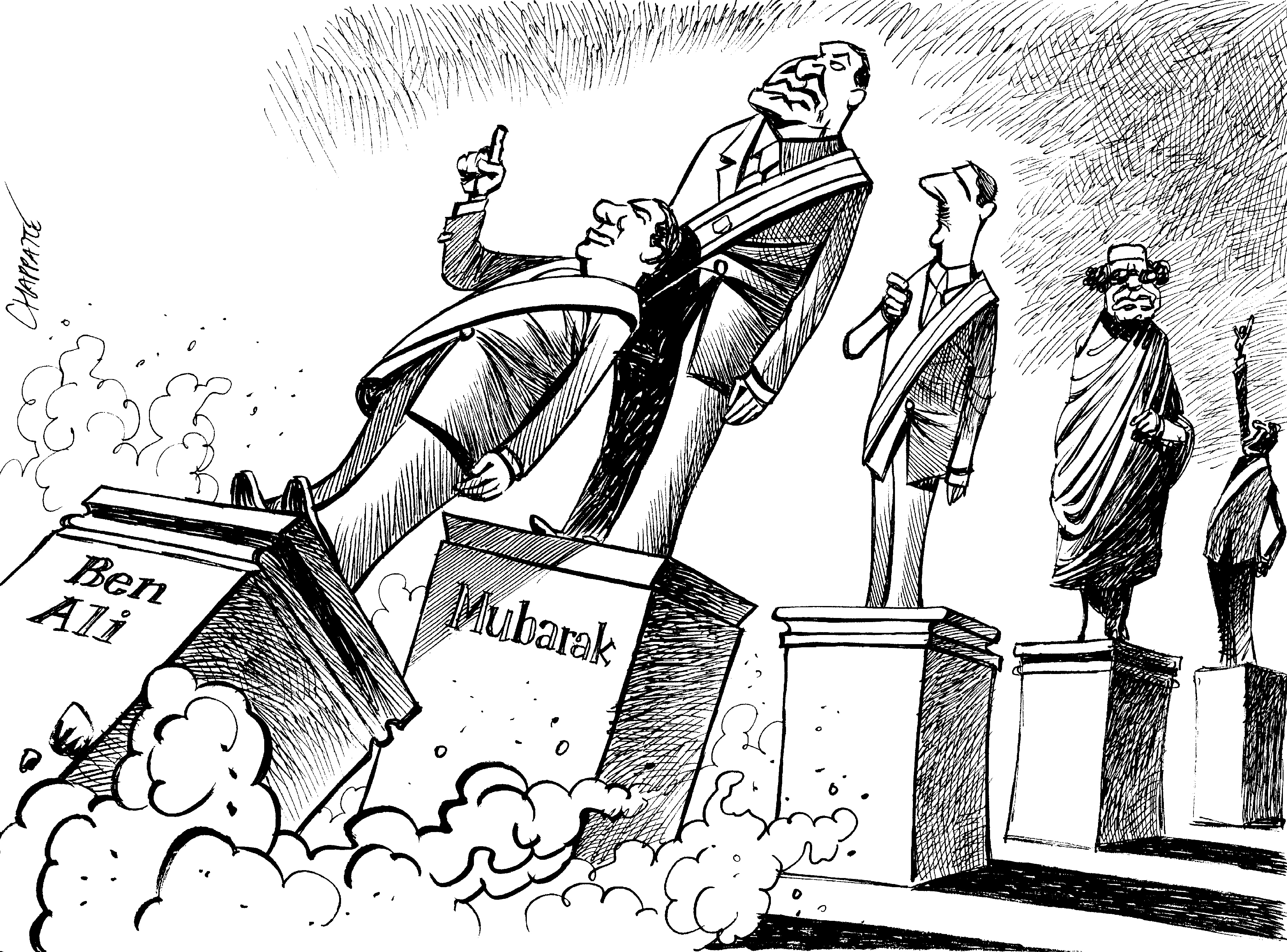
You can find an overview of ongoing debates with our journalists here . Please join us!
If you want to start a conversation about a topic raised in this article or want to report factual errors, email us at english@swissinfo.ch.